Turmoil inflames tensions at top of NHS
- Published

The NHS is facing unprecedented pressures. The future of health and social care in England is a major talking point around Westminster. And at this highly sensitive moment, signs of tension between Downing Street and the leadership of NHS England are emerging.
A story in The Times newspaper suggested that aides to the prime minister were briefing against Simon Stevens. The head of NHS England, it was reported, had been seen by Number 10 as "insufficiently enthusiastic and responsive" to the problems facing the service.
It was denied by both sides but it seems clear that the relationship is not as warm as it might be.
Mr Stevens worked closely with George Osborne, the former chancellor, in launching his five-year plan for the NHS and the funding which underpinned it.
He was often in Downing Street for talks with David Cameron. But things have not been the same since the arrival of Theresa May. It took a while for her to meet Mr Stevens and she does not have the same level of interest in health as her predecessor, predictably perhaps because of the time spent on the Brexit issue.
I understand there is a reasonable working relationship though nothing like what Mr Stevens was used to under the Cameron administration. Mrs May's watering down of the obesity strategy, which NHS leaders had developed over many months, did not help matters.
Now, though, there is a distinct chill. Just a couple of hours after Mrs May defended government policy against fierce Labour attacks in the Commons, the head of NHS England made it very clear he was not impressed with the funding provided by ministers.
There was nothing in what he told MPs on the Commons Public Accounts Committee which he had not said before. It was the timing and the way he said it.
Mr Stevens told the committee that "like probably every part of the public service we got less than what we asked for", directly contradicting suggestions by the prime minister and the health secretary that all the funding requested by the service up to 2020 had been promised. He went on to say that spending on the NHS in England per head of population would actually fall in 2018-19.
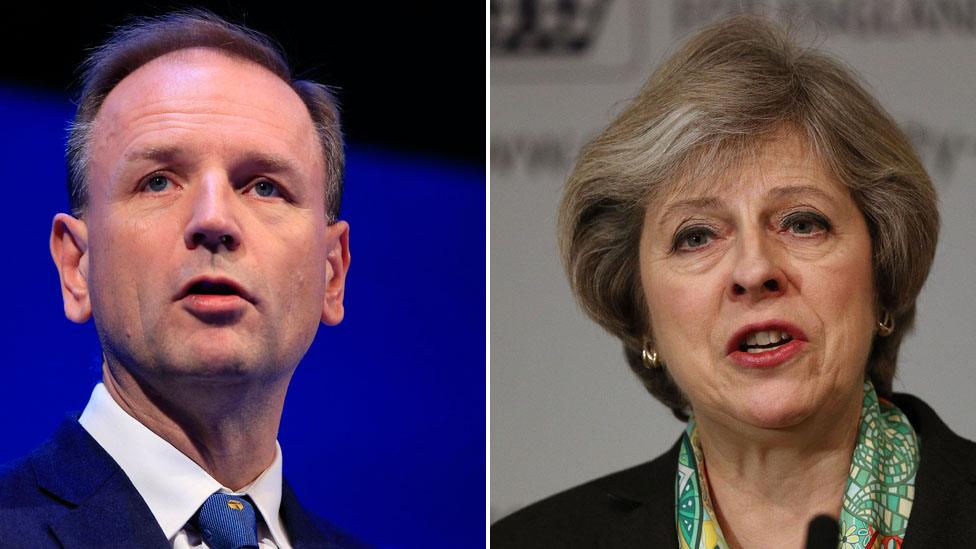
Tensions have been reported between Simon Stevens and Theresa May
Even as Mr Stevens was providing his sobering analysis of prospects for the NHS, Downing Street had a cutting response ready for reporters. At the time the five-year spending deal was announced, according to the prime minister's spokeswoman, the NHS chief executive had said "our case for the NHS has been heard and actively supported".
Under the coalition government's controversial health reforms in 2012, NHS England gained more autonomy. The idea was that health service leaders could operate with less political interference.
But the problem is that ministers still have to go to the dispatch box in the Commons to defend the performance of the NHS even though they have less control over it. The latest developments have underlined that for Mrs May.
It suits Mr Stevens to let it be known that he did not get the money he wanted for the NHS. It suits Downing Street to suggest that NHS England has changed its tune over a financial settlement which it initially welcomed.
This might not matter much in normal times but right now divisions at the top will do nothing to help the NHS cope with its harshest ever winter.
- Published11 January 2017
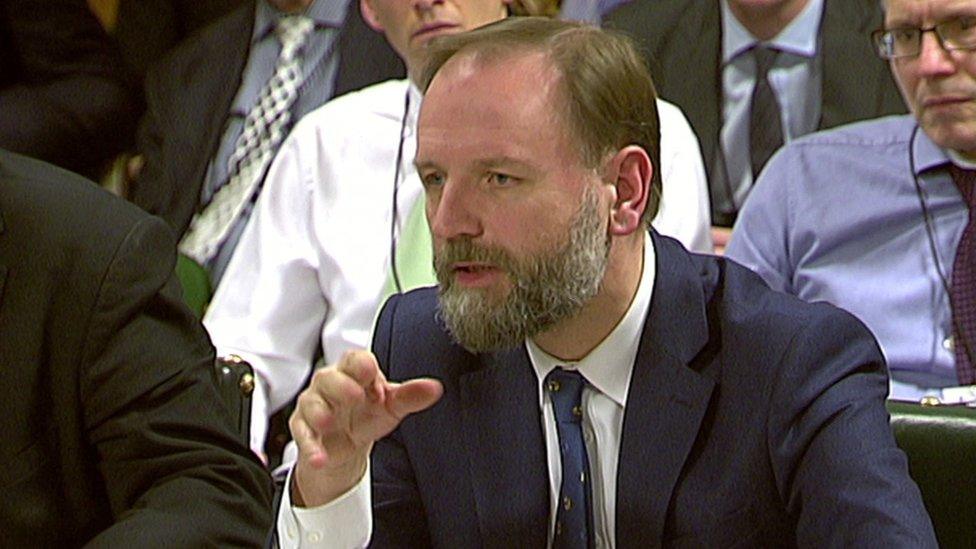
- Published11 January 2017
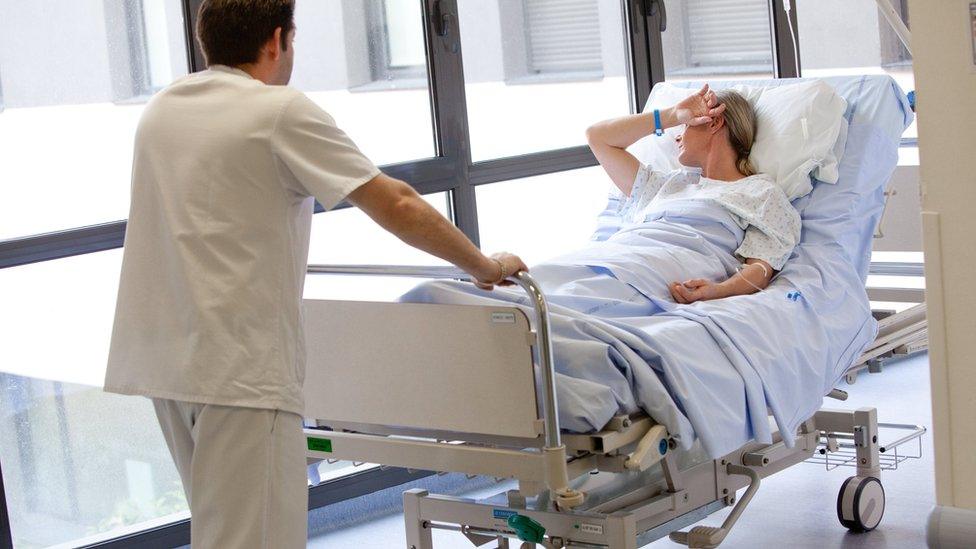
- Published10 January 2017
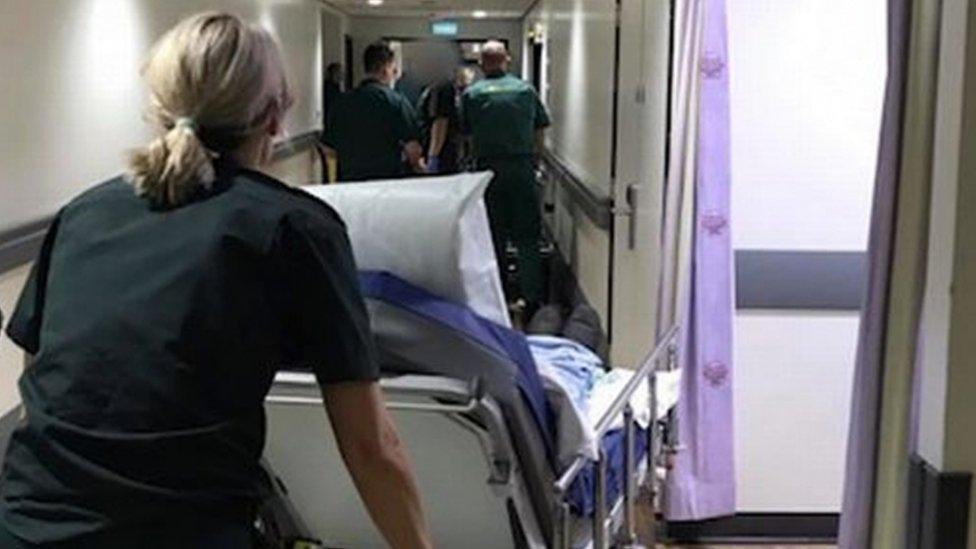
- Published9 January 2017
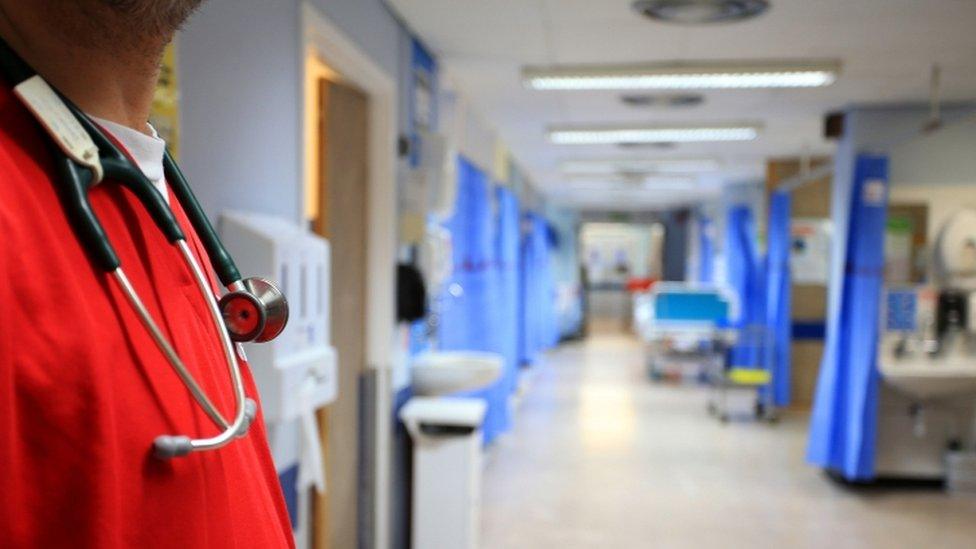
- Published7 January 2017
